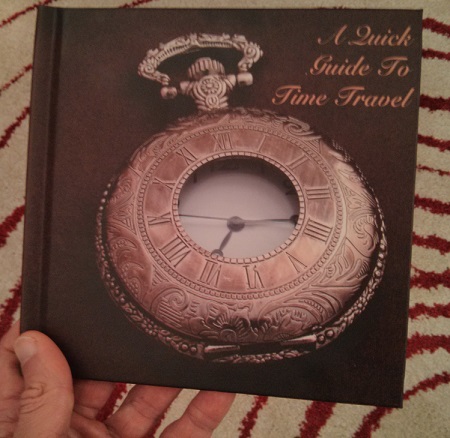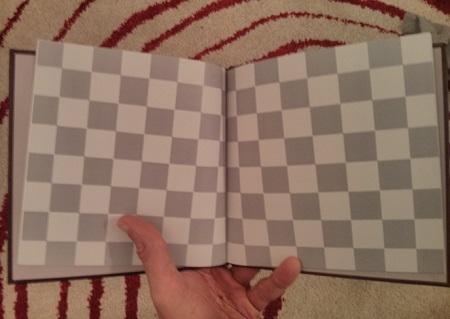Time to look ahead paradoxically
Barely on time for my monthly book promise, here's February's entry.

Last month I wrote about Finding flow, a great book on the quality of life correlated to being present and challenged to do something one is skilled at.
On a sort of related note, this month I've been reading The Time Paradox, by Philip Zimbardo & John Boyd. Fragment:
Future orientation was generally related to higher levels of adaptive outcomes, such as perceived control, positive well-being, and adaptive coping dimensions, particularly behavioral coping. In contrast, present orientation was related to recent negative events, lack of perceived control, and maladaptive coping dimensions including anger, withdrawal, and helplessness.
This book talks about the different attitudes people have towards time, with at least two large categories for each tense: past, present, future.
I took the two tests for predicting transcendence (TFTP), and for predicting one's time perspectives (ZTPI). Compared to their ideal numbers, I scored way high on future and a bit low on present. Also, I scored almost 0 (aka way too low) on the Transcendental Future survey. What does this say about me?
Well, in many ways, nothing I didn't know before. I am a bit too future-oriented for my own good (I could be happier in the present if I focused more of my attention towards it). However I am healthily positive about my past and not really negative. This, along with a pair of TED talks I watched recently on vulnerability and shame, have helped me surface some of my recent struggles.
For the transcendental future, I am a bit too skeptical to believe in anything, so no transcending for me :)
At some point, the book asks for three highly negative experiences I had as a child. In thinking about what to write down, I realized there was quite the correlation between those and how I feel right now about certain things. For example, when I was 4 or so, I had a terrible fall and destroyed most of my teeth. I had to deal with the pain for years, as I lost many of them and they wouldn't grow back until I turned 6. To this day I almost prefer emotional pain to physical pain because of it. There is much to be said about how much childhood shapes oneself, and how much learning one can always do by looking at the past.
I highly recommend this book to anyone who wants to understand how their outlook on past, present and future affects their life, and how they can take control of it and try to improve their life experience. There is a lot of common sense about the whole book, but there are certain parts that are truly worth thinking about in the larger sense of things.
For example, how much should you care about the present? Ever wonder why you are more aggressive or withdrawn than you wish you were? How does your past affect how you feel about everyday decisions? How much overly so, or overly little do you carry with you, focus on now, or plan ahead?
I for one will continue thinking about how to enjoy my life more, be more present, relax about the future, and how time really affects my day to day life and long-term decisions. There is much insight to be had, and much awareness about my behavior and expectations.
To quickly end with a note on time and perspective, inspired by an answer I read on Quora[link needed], I recently received a gift book made by someone very dear to me, in which each page is divided into boxes. Each box represents a month of my life. For a page with 60 boxes, you would only need 18 pages for a life of 90 years, birth to death. Think about it.
